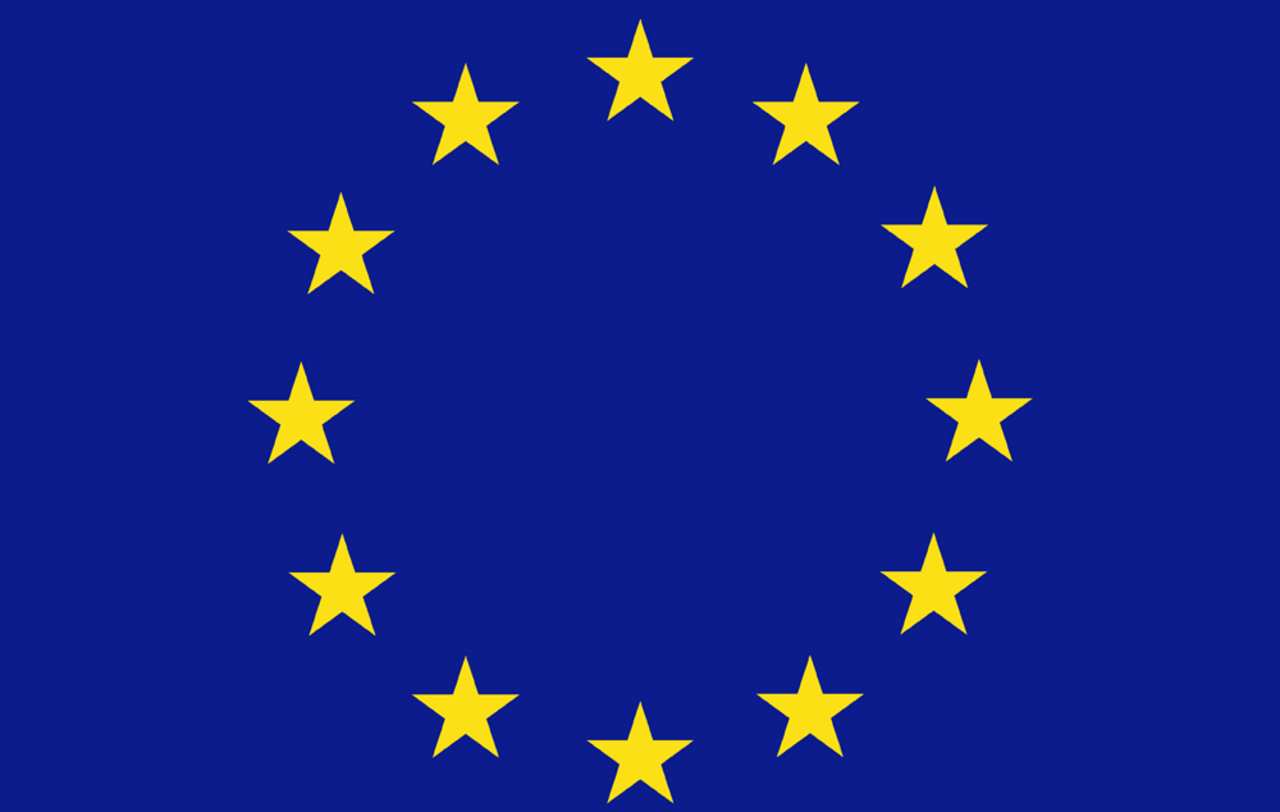Funding
This project has received funding from the European Union's Horizon 2020 research and innovation programme under the Marie Skłodowska-Curie COFUND grant agreement No 101034248.
The originality of the CLEAR-Doc programme is to introduce an approach through three challenges shared at the international level and aligned with several United Nations sustainable development goals:
As such, the thesis subjects must cover at least one of the thematic fields identified for the program:
All disciplines are open.
Yes, co-supervision/cotutelle is possible .
Applicants must fulfill the following eligibility criteria:
Application rules are enforced by the French doctoral system which specifies a standard duration of 3 years for a full-time PhD together with the MSCA standards and the OTM-R European rules as follows.
Citizens of any nationality may apply to the programme.
The following eligibility criteria must be fulfilled so that the application can be evaluated by the Selection Committee. Applications not meeting all the criteria will not be evaluated and will be rejected.
In order to be eligible to the programme, you need to be in the first four years of your research career. This includes all your research experience after your Masters, but the only rule is to have no more than 4 years of experience.
There is no limit of age to be able to apply to the programme.
However, you should be in your first 4 years of research experience.
Applicants from any country in the world can apply, even French candidates.
However, the candidates may not have resided or carried out their main activity (work, or studies) in France for more than 12 months within the 3 years immediately prior to application deadline (January 31st 2023).
No, the selection process will be organized through 2 differents steps :
No, there are no constraints in terms of nationality
CLEAR-Doc use a 2 stages selection process:
The final decision with the principal list (16 candidates) and the reserve list (16 candidates) will be decided on 31st May 2023. PhD contracts will start on 1st November 2023.
The first step of the recruitment process is detailed below:
Online application:
Before starting the Online Application process, it is mandatory to get in touch with the thesis supervisor. Only applications that have received the approval of the supervisor(s) will be examined.
The application must be written in English in order to be considered and examined.
The candidate’s application package must be complete and submitted strictly before the application deadline (21st March 2022).
The application form (to be filled online) is composed of
Once the application is submitted, you will receive an electronic receipt of your application by e-mail. After the deadline, you will be electronically notified of your status during the selection process as soon as a new stage has been reached.
The second step of the recruitment process is detailed below:
Auditions
Preparation of Auditions for the candidates on the short-list:
The short-list of 60 candidates will be invited by e-mail to participate to the audition.
In order to get prepared for this audition, it is important to get in touch with the PhD supervisor and to organize several videoconference meetings.
If you are selected for stage 2, you will be auditioned by a panel of scientific experts, through videoconference (see the “selection process” section below).
The audition (30min) will include:
Your presentation during the audition must include the following aspects:
Powerpoint or equivalent presentation is allowed during your presentation, but you will not be allowed to use any supporting documents during the session of questions.
To apply to CLEAR-Doc, you must fill the online application form, please click here.
To do so, you must fill the templates (which will be upload on the online application form) which you can find on "Mandatory Templates and Guide For Applicants" page.
We advise candidates to limit to one application.
However, candidates have the possibility to submit several applications on different topics under certain conditions:
The management team will create a pool of experts-evaluators, divided in 5 specialized panels:
Each panel will be composed of international academic and non academic experts.
The experts will be chosen among international experts recognized in their scientific field.
Members cannot be part of CLEAR-Doc partners (impartiality of the evaluation).
Evaluation criteria in Stage 1 – Candidates’ application file | Scores |
1: Academic background and excellence of the applicant:(a) Originality of appropriation of the research, clarity of the objectives, (b) Research experience, (c) Education, qualifications | max = 35 |
2: Strength and relevance of topic: (a) Feasibility within 3 years based on former experience, (b) Capacity to carry out the project and preliminary career plan, (c) Dissemination & exploitation plan | max = 35 |
3: Professional references: (a) Ability to work independently, (b) Quality of previous work performed and scientific curiosity, (c) Soft skills | max = 15 |
4: Career development of the applicant: (a) Past and planed diversity of research agenda, (b) Past and planed international experience, (c) Past and planed non-academic experience | max = 15 |
Rejection under 75/100 threshold. In case of equality, criteria 1 will prevail on criteria 2, then criteria 3 and then 4. The 60 best applications will be kept for the Auditions (20 per panel max.) | Total = 100 |
Each candidate will be evaluated through a web-based audition (Zoom), by a jury composed of the experts from the candidate’s respective panel (Social Sciences & Humanities (SSH); Environmental Sciences (ES) ; Mathematics, Computer Sciences & Communication Technologies (MCSCT); Engineering (ENG) & Sciences and Technologies (ST)).
A member of the Quality and Ethics Board is also attending each audition.
The thesis supervisor(s) will be invited to participate but their attendance is not mandatory.
The thesis supervisor(s) will not be allowed to interact with the applkicant or with the experts-evaluators and will not be allowed to take part on the decisions or ranking.
They might be consulted by the evaluators after the audtion.
At the end of the audition, the jury will have to reach a consensus to award a mark according to the following criteria :
Evaluation criteria in Stage 2 – Auditions | Scores |
1: Academic Excellence & Motivation: (a) Qualifications, coherence of the resume, (b) Knowledge of the state-of-the-art of the topic, match between candidate’s profile and PhD topic, (c) Personal, professional and scientific motivation | max = 40 |
2: Appropriation of the PhD project: (a) Explanation of the problem and hypotheses, (b) Description of the objectives and methodology, (c) Feasibility (scientific agenda, dissemination plan) | max = 35 |
3: Communication skills and maturity of the applicant: (a)Quality and clarity of the presentation, (b) Quality of answers given to reviewers’ question, (c) Fluency in English | max = 25 |
Rejection under 75/100 threshold. In case of equality, criteria 1 will prevail on criteria 2, then criteria 3. In case of equality, the score in the 1st stage will prevail. | Total = 100 |
The top 16 successful candidates will be contacted and required to communicate their acceptance by email to clear-doc@univ-eiffel.fr within 2 weeks after receiving the confirmation of the success of their applications.
Failure to do so will result in the position being offered to the candidates best ranked on the reserve list.
Redress procedure
The applicants will have the possibility to request for redress no later than 2 weeks after email notification of rejection of her/his application.
The request can be done by email to clear-doc@univ-eiffel.fr after each stage of the selection process. The Management Team will give an Evaluation Summary Report. The processing of the requests for redress will only deal with procedural aspects of the selection process, also meaning that the scientific evaluation shall not be questioned.
Université Gustave Eiffel is a multidisciplinary university of national importance. It also has the distinction of being the first institution to bring together a research institute, a university, a school of architecture and three engineering schools.
By pooling its many strengths in the areas of education and research, Université Gustave Eiffel aims to develop by pursuing a strategy based on complementarity between its founding institutions. By creating better synergies in this way, the university can offer the groups it serves a wider range of expertise.
Educating young people, employees or citizens at all levels, providing the whole of society with scientific insights; the ultimate aim of Université Gustave Eiffel is to help raise everyone's level of qualification.
Some figures about the Université Gustave Eiffel:
Application rules are enforced by the French doctoral system, which specifies a standard duration of 3 years for a full-time PhD together with the MSCA standards and the OTM-R European rules.
You will have an employment contract from UNI EIFFEL.
This contract will fall under French public law, which includes full social coverage (including sick and maternity leave), starting from day 1.
Scientific supports of high quality will be provided:
As a full time PhD within CLEAR-Doc, you will have the opportunity to:
You will have an employment contract from UNI EIFFEL.
This contract will fall under French public law, which includes full social coverage (including sick and maternity leave), starting from day 1.
The salary is composed of:
o 2700€/month gross salary base
o 90€/month Travel allowance
o 160€/month Personal mobility allowance to join one's family punctually
If applicable, a family allowance (80€/month gross)will be added.


This project has received funding from the European Union's Horizon 2020 research and innovation programme under the Marie Skłodowska-Curie COFUND grant agreement No 101034248.